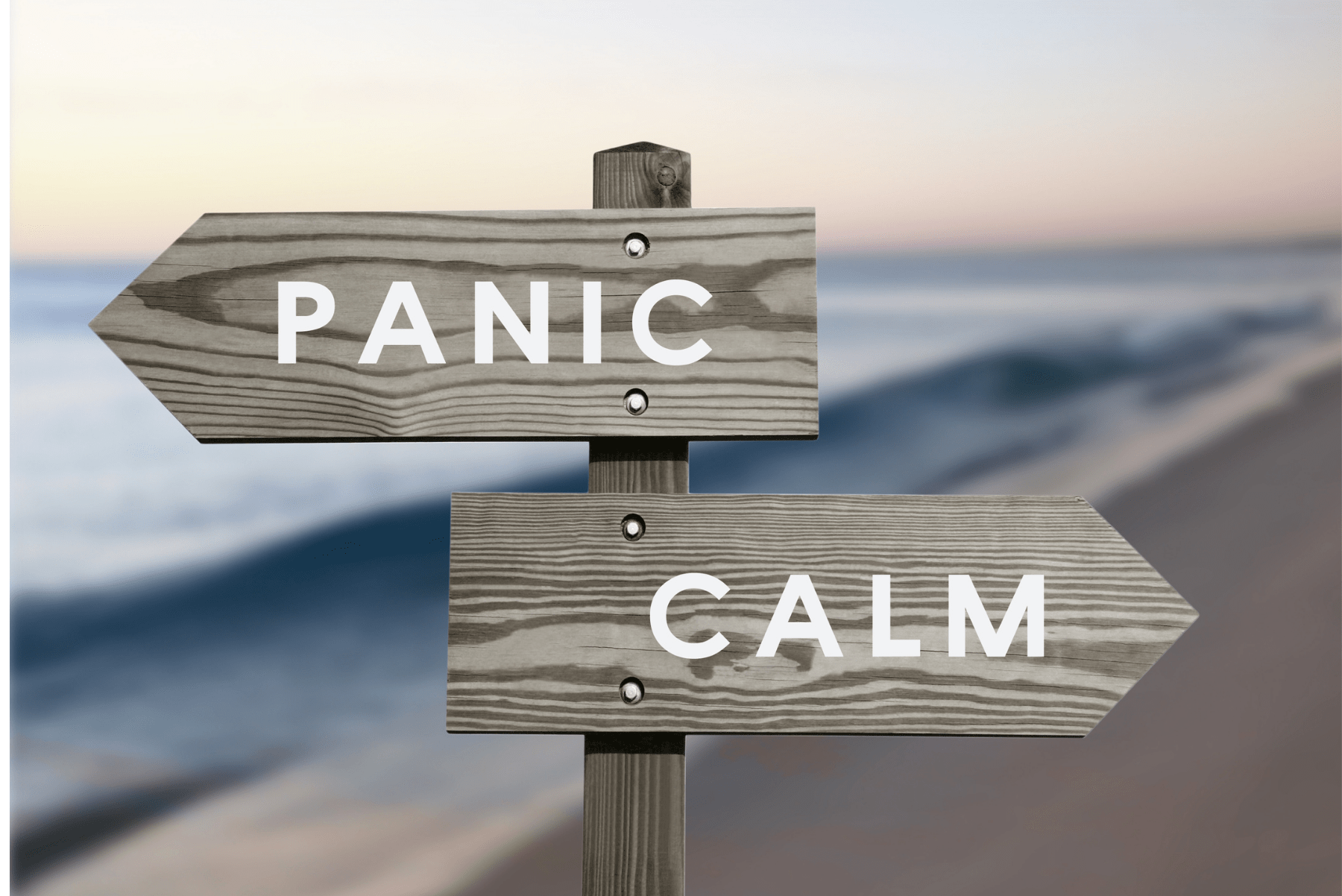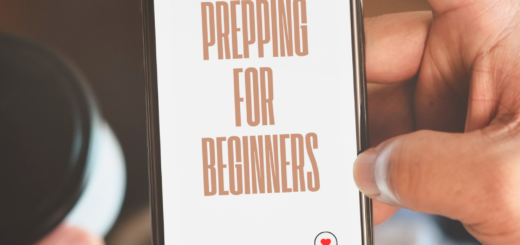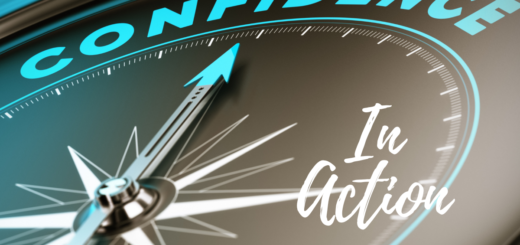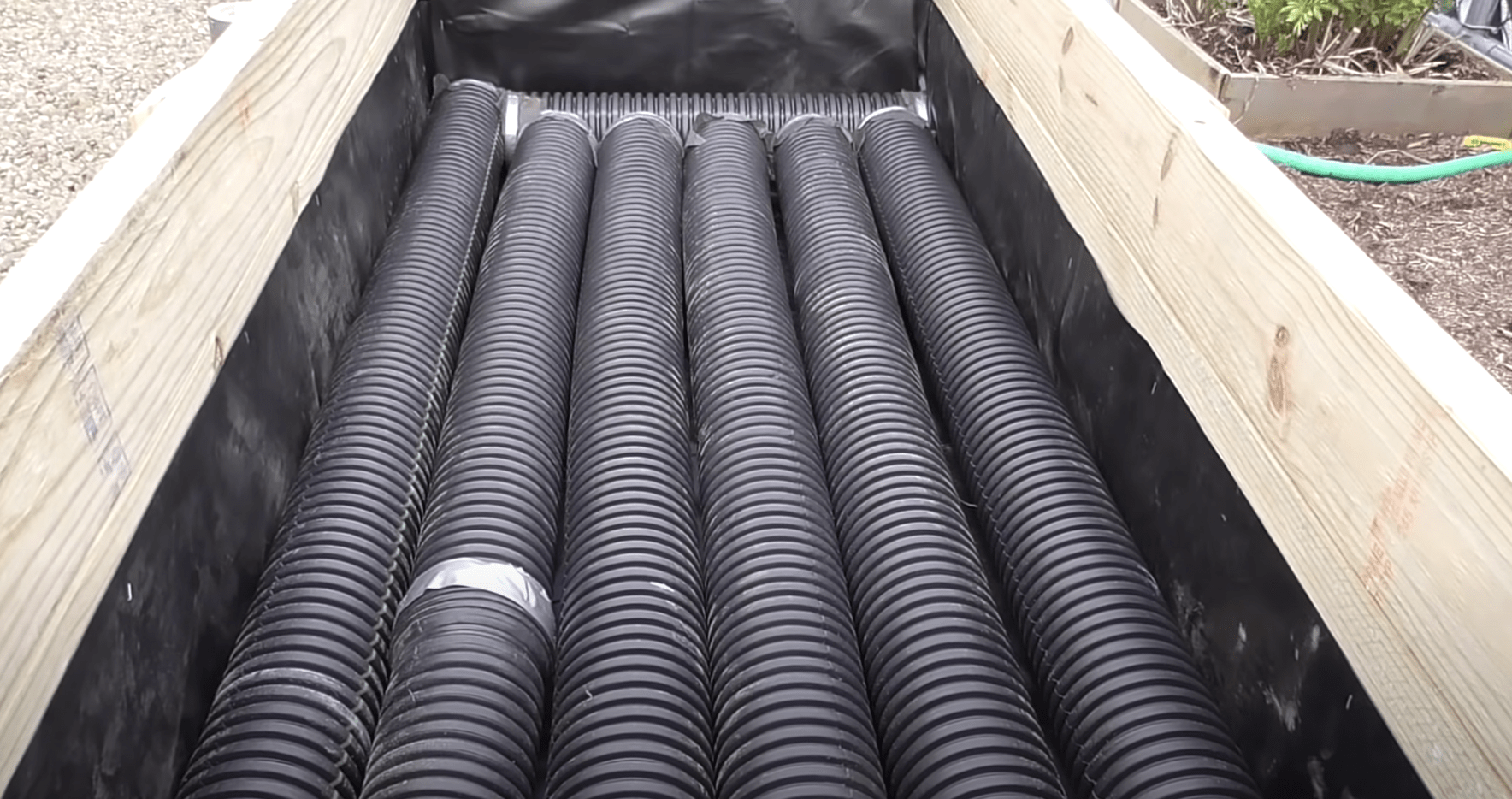Gasoline Shortage, What Should You Do?
Today I want to talk about how people react to a threat or even the perception of one; in particular gasoline shortages and panic buying. Understanding the importance of threat evaluation is critical to emergency preparedness and sometimes your survival.
My wife and I are supposed to leave on a short vacation up into northern Georgia this weekend. Earlier this week, a gasoline pipeline company Colonial was hacked by ransomware and was shut down. This pipeline supplies fuel to most of the southeastern United States. The “perception” of this threat is causing long lines at the gas stations and some outages.
We are currently living in central Florida, where our gasoline supplies arrive from the Port of Tampa. [Now keep in mind this story just broke a couple of days ago via the fear-mongering media.] Our gasoline supply has little to nothing to do with the Colonial Pipeline. Yet we already see longer than usual lines at the gas pumps with people filling gas cans as well as their vehicles panicking for fear they will run out of fuel.
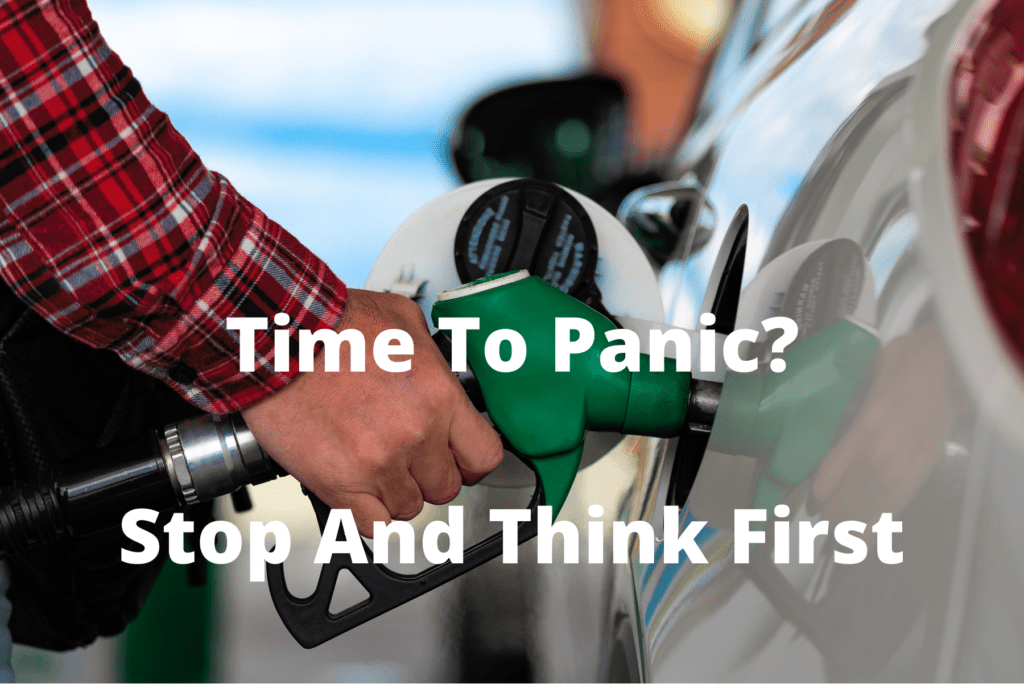
This “panic buy” mentality is even worse the further north you get, which is, in turn, contributing to stations running out of fuel. Now, this story just broke, so in reality, there hasn’t been a shortage caused by the pipeline hack yet. Instead, ignorant, uninformed consumers rush to the gas stations out of fear, and their perception of this threat is causing supply issues.
This is a big deal
I get it; this is a big story. One of our major supply chains hacked by cyber terrorists is cause for alarm. But bum-rushing gasoline stations out of fear is not the correct response. Instead, remain calm. Go about your everyday activities as usual. Be conservative though regarding your gasoline consumption. Most importantly, just stay calm. This too shall pass.
“How Much Toilet Paper Do You Really Need?”
This situation reminds me of when the COVID panic began last year, and these same panicked sheep rushed the stores and bought out all of the toilet paper, hand sanitizer, disinfectants, and paper towels! Seriously? How much do you actually use? This craziness is precisely why we at Survive and Sustain began our site, to be a logical light in this storm of unprepared and uninformed Americans. We want to help our readers survive and sustain themselves when faced with an emergency, not simply reacting out of panic and fear.
The truth is that the average gasoline station can have anywhere from 12,000 to 24,000+ gallons of gasoline in their underground storage tanks at any given time. Most stations are refilled every 3-7 days depending on their location and demand. So in reality under normal circumstances, if production had stopped completely it would take at least 3-7 days for this to impact you with a supply shortage at your local gas station. That is if everyone continued their usage as if nothing had happened. However, when people panic buy, this can accelerate the demand and cause a shortage sooner than it would actually occur if demand remained unchanged.
What Should You Do?
We recommend that you never allow your tank you fall below 1/2 full. (This also helps prevent condensation from forming inside of your tank in areas where you have high humidity.) Keeping your tank at least 1/2 full will allow you to require much less fuel to fill up should a shortage occur and guarantee you always have at least 1/2 of a tank to work through the situation should one arise. If you are able to, keep two 5 gallon approved containers of gas at home or work and rotate them regularly. (Every 90 days) This will give you an extra 10 gallons should an actual emergency arise. But take this step when there is no emergency. Download the GasBuddy app. This app is very useful in locating fuel. It’s called being prepared!
Most People Don’t Read Past The Headlines
Being prepared in case of an emergency begins with threat analysis. Is this an actual threat? Or is this just panic-induced due to the perception of a threat by others? Always dig a little deeper than the sensationalized headlines. The media can and has played an enormous role in causing panic to attract readers. Unfortunately, most people do not read past the headlines; they skim, panic, and react. Gather the facts yourself; analyze the situation and how it may or may not affect you. Then take the necessary action based upon your assessment of the facts and circumstances. Panicking is the absolute worst thing you can do in an emergency.
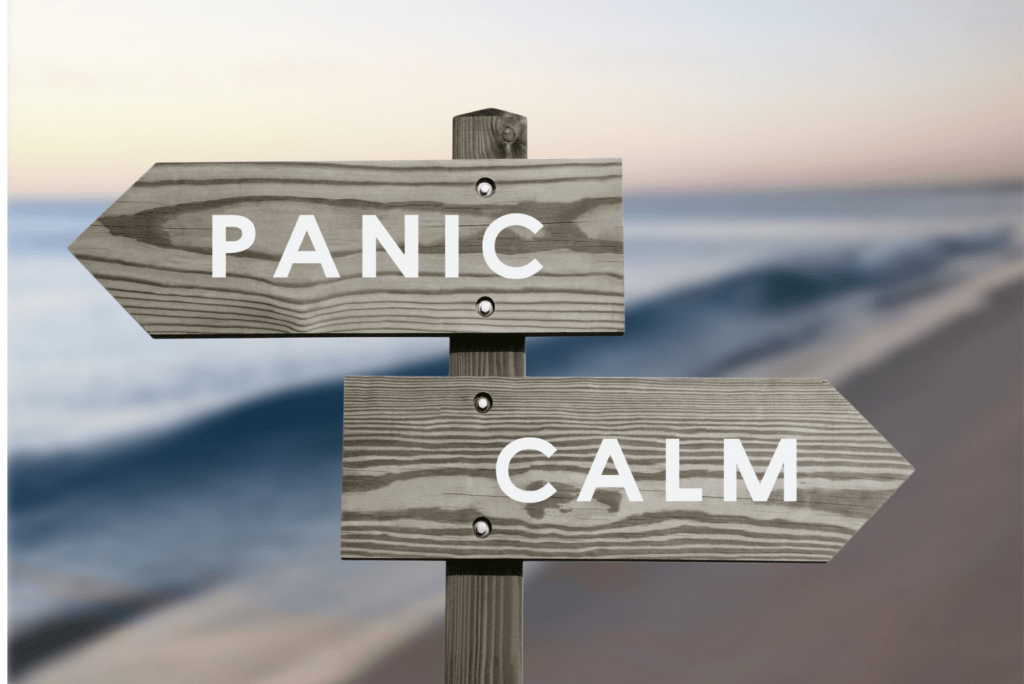
Editor’s note: As we continue to add quality content to our site, our goal is to help our readers plan, prepare, and analyze their situations so that they can survive and sustain themselves and their loved ones when problems arise. We encourage you to subscribe to our site so that as new content becomes available, you will be the first to know. Stay strong and stay prepared.




